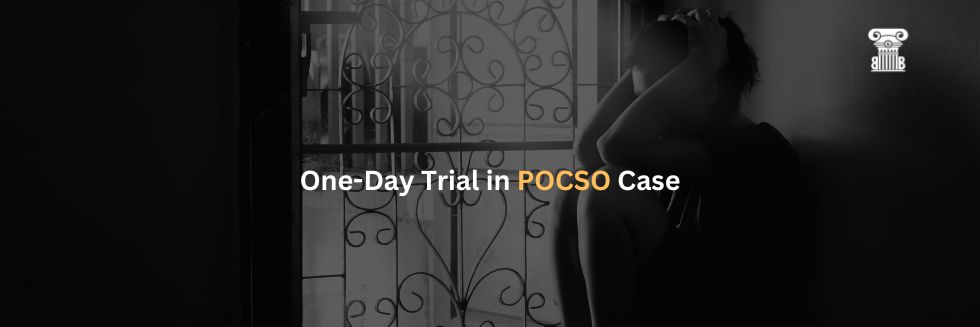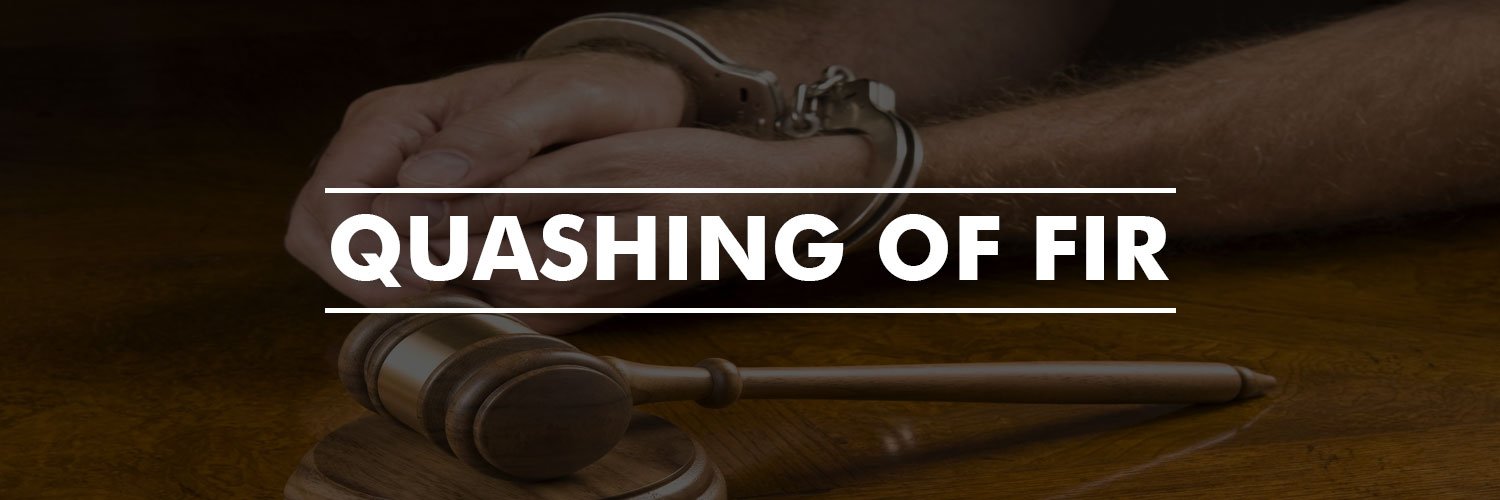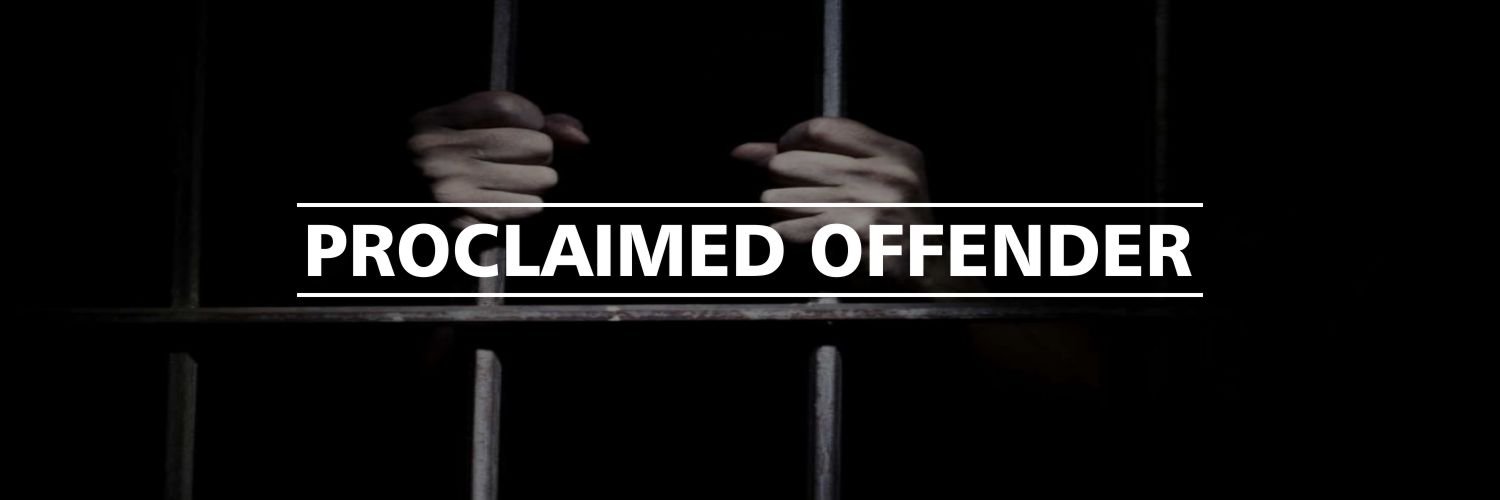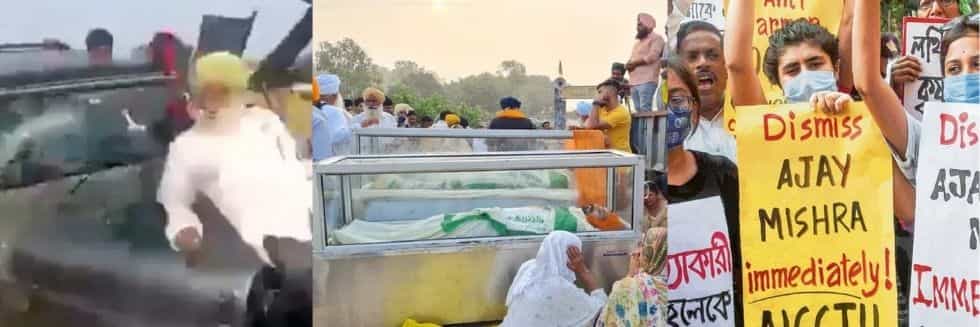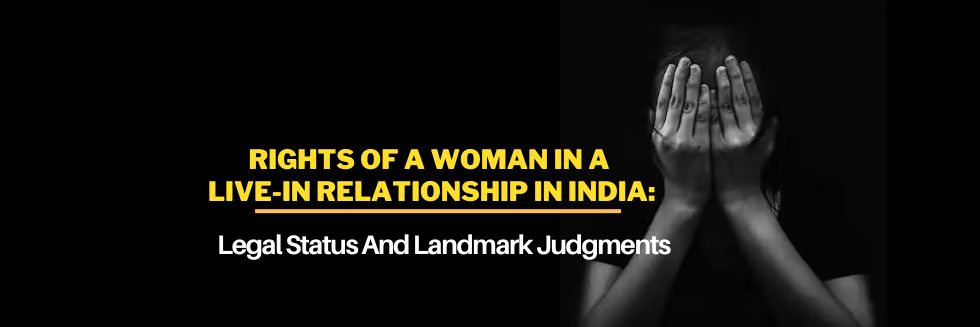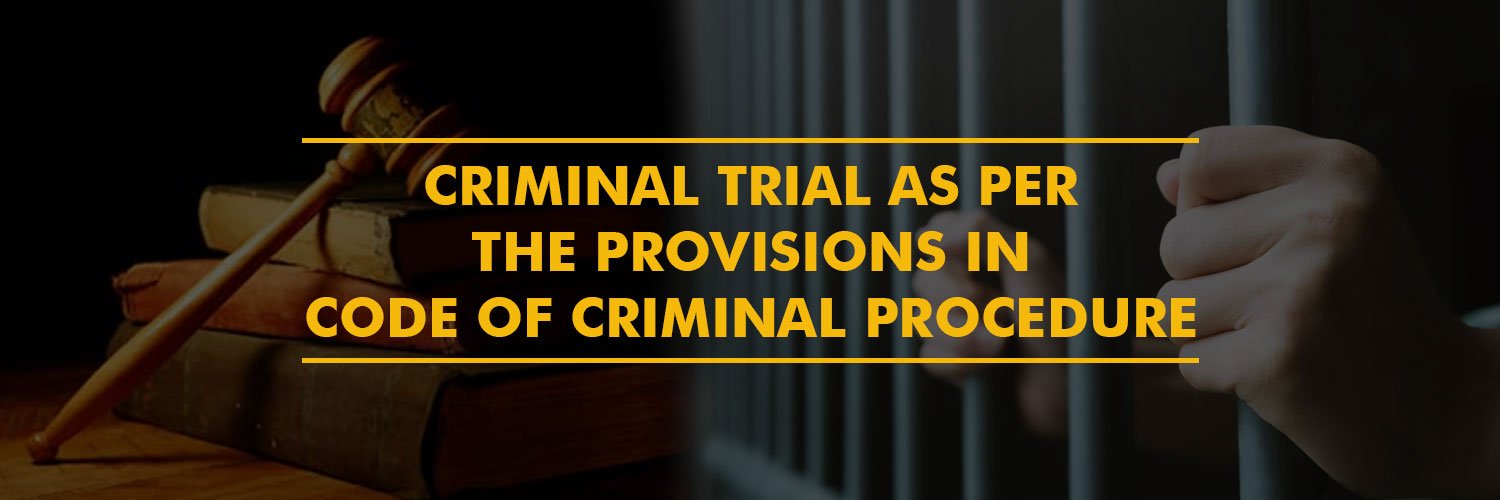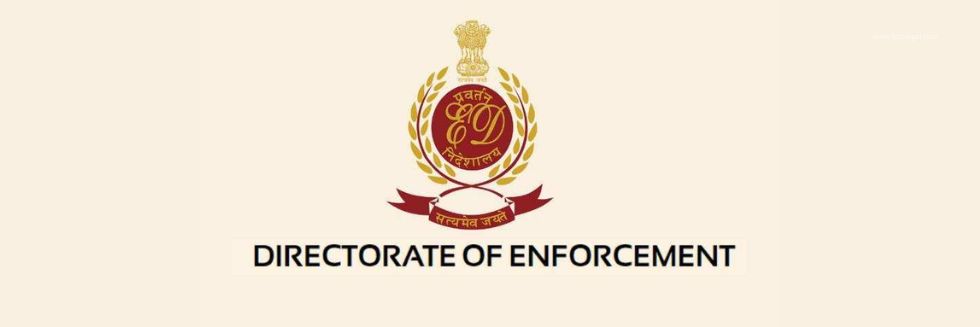In a recent development, a division bench comprising Justices Abhay S. Oka and Ujjal Bhuyan dismissed the concept of a One Day Trial in a case under the Protection of Children from Sexual Offences Act, 2012 (POCSO). This decision was made in contrast to the Supreme Court’s approval of the One Day Trial in the case of Bablu Yadav v. State of Bihar.
The Bablu Yadav v. State of Bihar Case: An Overview
The accused in this case was found guilty of crimes under Section 376 AB of the Indian Penal Code, 1860 (IPC) and Section 4 of the POCSO Act. The case revolved around the appellant luring an eight-year-old girl, leading her to a shop and subsequently to a ‘Bagaan’ where he committed a penetrative sexual assault. The victim reported the incident to her mother, resulting in a police report being filed on the same day. The trial was expedited and completed in a single day, including the framing of charges, recording of evidence, and judgment, on December 15, 2021.
The Patna High Court’s Stance
An appeal against the one-day trial was brought before the Patna High Court. The High Court noted that “The trial court had rushed to conclude the trial within a day, which was contrary to the principles of natural justice and Article 21 of the Indian Constitution.” The High Court further stated, “The accused was not given a fair trial due to the rapid proceedings.” As a result, the High Court overturned the contested Judgment and Order, sending the case back to the trial court for a new trial starting from the framing of charges. The Patna High Court clarified that its decision was not a comment on the merits of the case but was solely focused on the accused’s denial of fair trial rights.
The Supreme Court’s Observations
A Criminal Appeal was filed before the Supreme Court against the High Court’s order for a new trial. The Supreme Court endorsed the High Court’s approach and instructed the State Government to appoint a Special Public Prosecutor under POCSO. The Supreme Court stressed that the trial must comply with the provisions of Section 309 of the Code of Criminal Procedure, 1973 (CrPC). The Special Court and Prosecutor were ordered to proceed with a new trial.
Conclusion
The case of Bablu Yadav v. State of Bihar and the subsequent rulings by the Patna High Court and the Supreme Court underscores the critical balance that must be struck between the need for swift justice and the preservation of fair trial rights.
In the pursuit of justice, particularly in cases involving heinous crimes such as those under the POCSO Act, there can be a tendency to expedite proceedings. However, this case serves as a stark reminder that such haste can potentially infringe upon the principles of natural justice and the constitutional rights of the accused, as enshrined in Article 21 of the Indian Constitution.
The Patna High Court’s decision to quash the initial judgment and order, citing a violation of these principles, was a significant move. It emphasized the importance of a fair trial, even if it meant prolonging the judicial process. This decision, although focused on the denial of fair trial rights to the accused, does not comment on the merits of the case, thereby maintaining the impartiality of the judiciary.
The Supreme Court’s endorsement of the High Court’s approach further solidifies this stance. By directing the State Government to appoint a Special Public Prosecutor under POCSO and emphasizing adherence to Section 309 of the Code of Criminal Procedure, 1973 (CrPC), the Supreme Court has reiterated the importance of due process.
In conclusion, this case serves as a precedent for future trials under the POCSO Act. It highlights the judiciary’s commitment to upholding the principles of natural justice and the rights of the accused, even in the face of public pressure for swift justice. This commitment is crucial in ensuring that the justice delivered is not only swift but also fair, equitable, and in accordance with the law.
_________________________________________________________________________________________________________
This article was written and submitted by Devam Krishnan during his course of internship at B&B Associates LLP. Devam is a 4th year B.A.LL.B (hons.) student at NUSRL, Ranchi.
